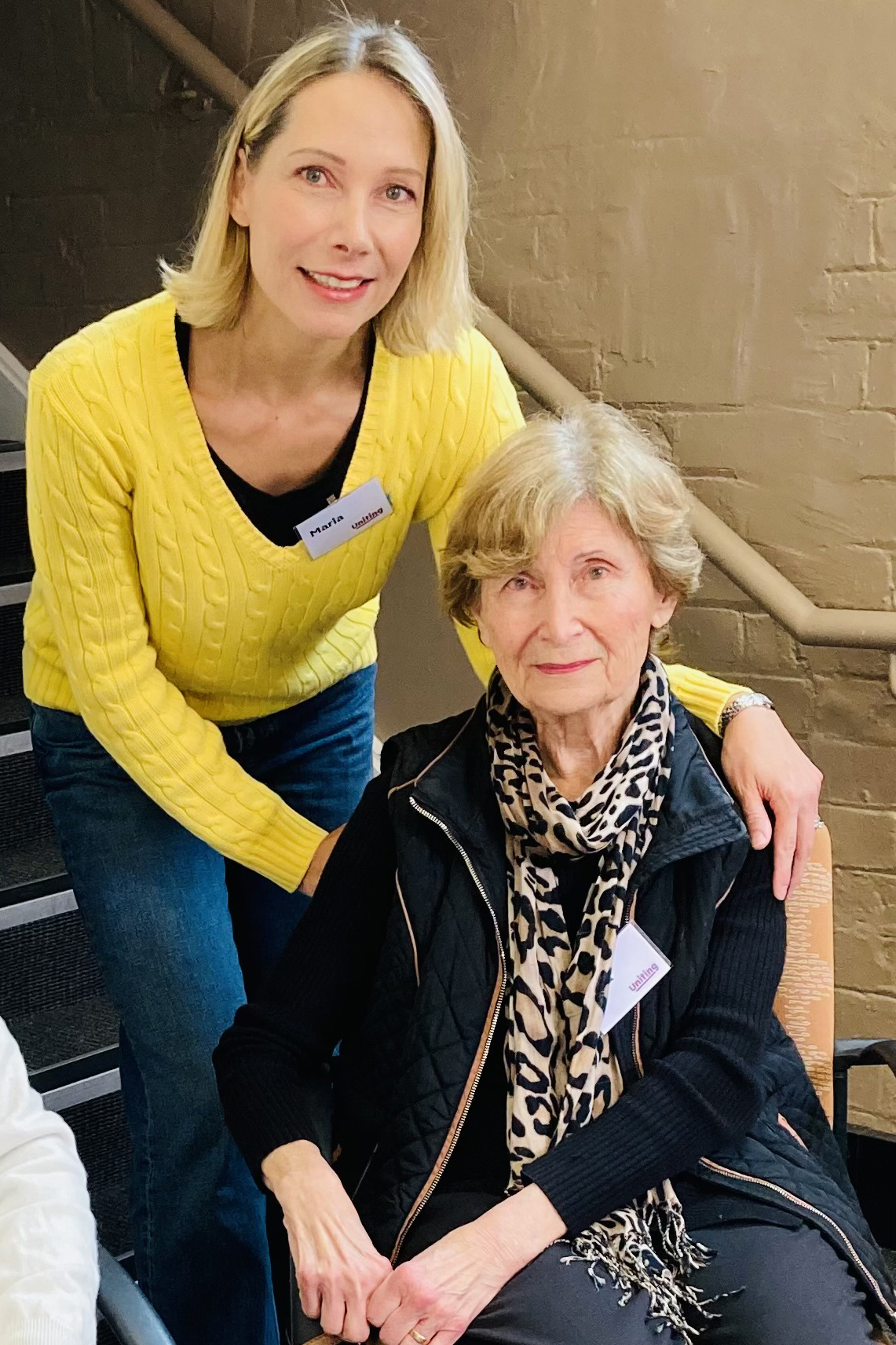Celebrating carer's contribution to health outcomes
National Carers Week (13-19 October) was marked by events across the district. The week is a great opportunity to acknowledge and celebrate Australia’s carers, while educating and raising awareness about the diversity of carers and their caring roles.
There are over 3 million unpaid carers in Australia, providing care and support to a family member or friend who has a disability, mental illness, alcohol or drug dependency, long term health condition or who is frail due to age. Anyone can become a carer at anytime and carer responsibilities often change over time due to changes in circumstances.
The health and wellbeing of carers and the people they care for is vital to the broader NSW Health system. Involving carers as partners in patient care benefits the health system and improves the health and wellbeing of both carers and the people they care for.
Partnering with carers involves valuing their understanding of the person they care for and facilitating a two-way sharing of information between carers and healthcare professionals. Carers provide unique insights into a patient’s health and care needs. This can include assisting in communicating complex information to patients, supporting patients’ daily activities and facilitating the treatment process.
Many SESLHD employees are also carers. The SESLHD Diversity Inclusion and Belonging Strategy identifies carers as a group who require support and flexibility in the workplace to bring their best selves to work. The NSW Health Recognition and Support for Carers: Key Directions 2024-2028 provides a framework for NSW Health’s response to the needs of carers across the NSW Public Health System.
Claire O’Connor, Director of Allied Health and Executive Sponsor for Carers, hosted a Carers Week lunchtime webinar last Thursday, focussed on Supporting our colleagues through transitions as a Carer. The webinar is available for staff to view here
“As well as recognising carers who support patients across SESLHD, we also recognise our colleagues who are working carers. Many staff across the district are Carers and I want to acknowledge and thank them for the work they do in delivering exceptional health care while also balancing their responsibilities as a carer for a family member or friend,“ Claire said. It’s important for working carers to have conversations with their managers and for them both to understand the kinds of supports available to working carers. Working carers are encouraged to register with the Carer Gateway to access emotional and practical services and support”. For more information about National Carers Week, visit www.carersweek.com.au
